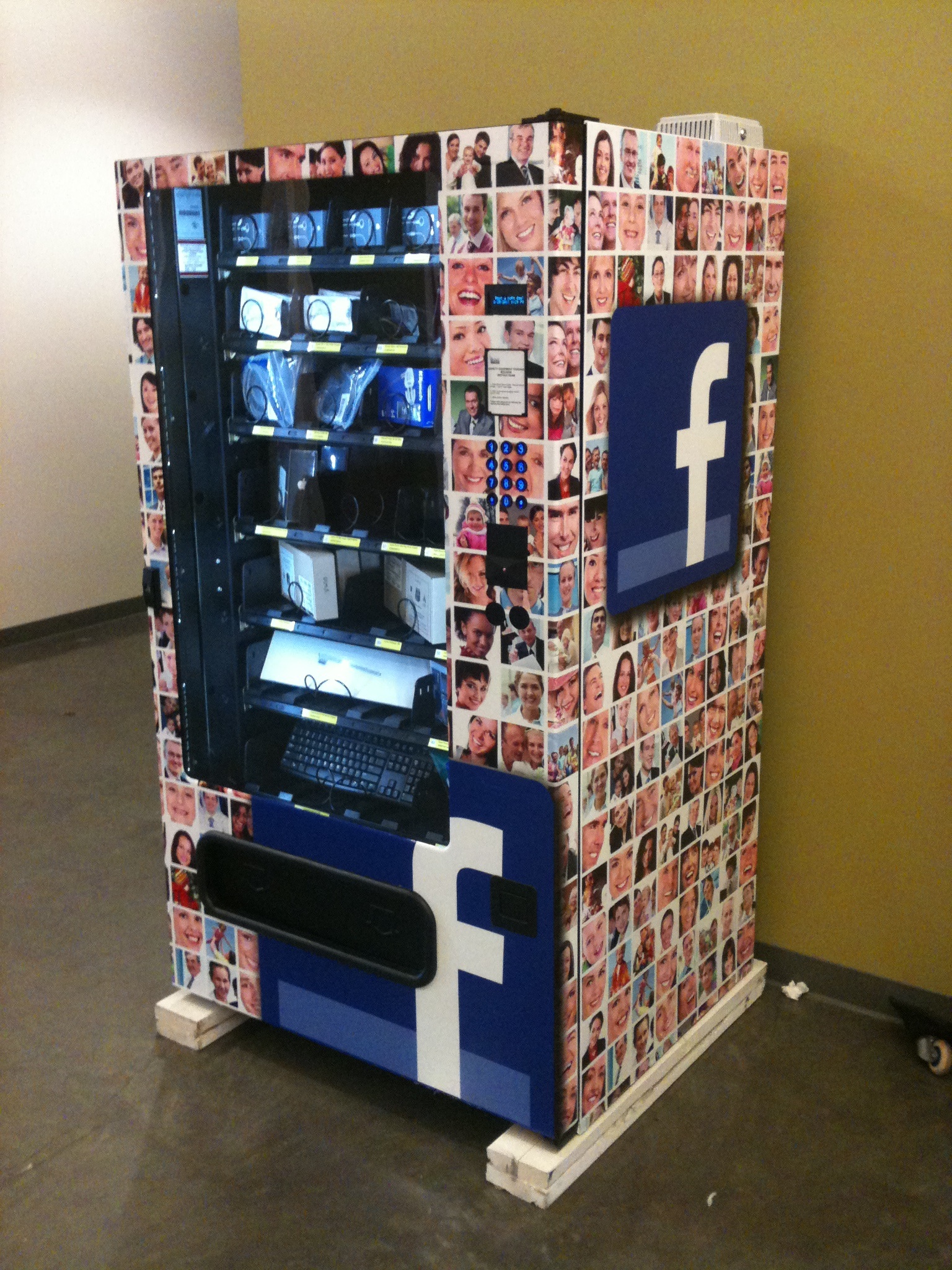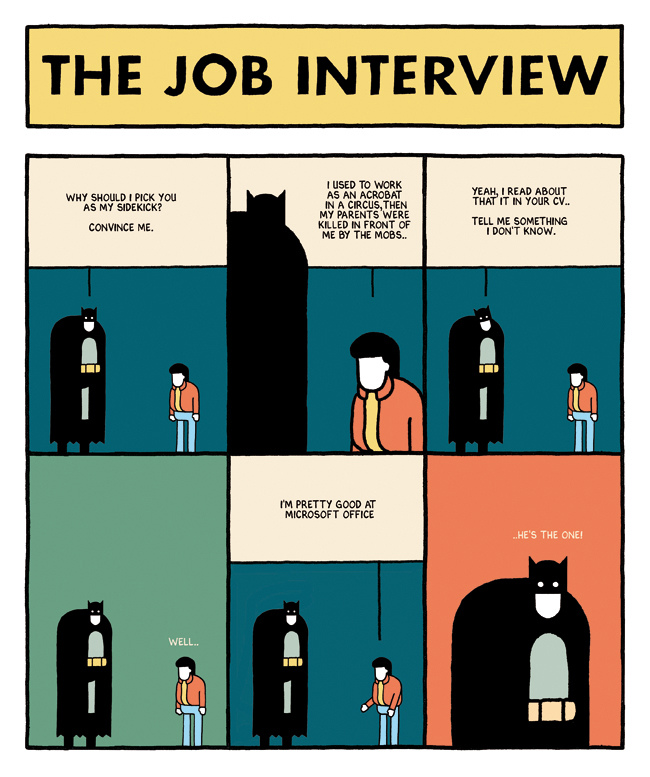A simple culture question - How hard is it to get a new pair of headphones?
What do you do if you are at the office and decide you need a new mouse or a keyboard or a new set of headphones because your cube mates won't stop taking conference calls on their speaker phones? I'm thinking the kinds of items that are more costly than basic pens and paper office supplies things, but not as big a deal as a new laptop or the latest smartphone. You know the kind of stuff that might run $20 or $40 a pop? Is it hard for you or the average employee to get at that kind of stuff? Is there a formal process? Do you require managerial approval? Is there some functionary in IT that determines if you really need the headphones? Does it matter?
Apparently it's not hard at all if you work at Facebook - check this excerpt from a recent piece at Business Insider - Facebook's Electronics Vending Machines Say A Lot About Its Culture -
The Facebook system is different. No person controls the supplies of the small items. For example, they have nice Sennheiser headphones inside this vending machine. Any Facebook employee can simply walk up, swipe his or her ID card, and grab a new pair. There's a nominal price listed, but employees don't see that number debited from their paychecks or anywhere, really, outside of the IT vending machine. For them, it's simply swipe and go. The system trusts them to use their own judgment about what they need.
Seems pretty cool right? Kind of like those Best Buy mobile vending machines you see at airports except in your office or over by the break room and with all the stuff being 'free'. It's not really free, I get that, and there's no doubt in my mind that someone in Facebook IT or procurement receives and monitors the usage rates and dispensation patterns for these kind of supplies. But the essential idea or the starting assumption is trust - we trust you know what you need to get your job done, we trust that you won't abuse the system, and that placing unnecessary barriers in your way doesn't help anyone.
It is a simple, maybe dumb example and perhaps I'm reading more into it that is warranted. But I think it's a good question anyway.
I'll ask you - How hard is it to get a new pair of headphones where you work?
Oh and by the way - quit charging your employees for coffee and cokes.

 Steve
Steve


